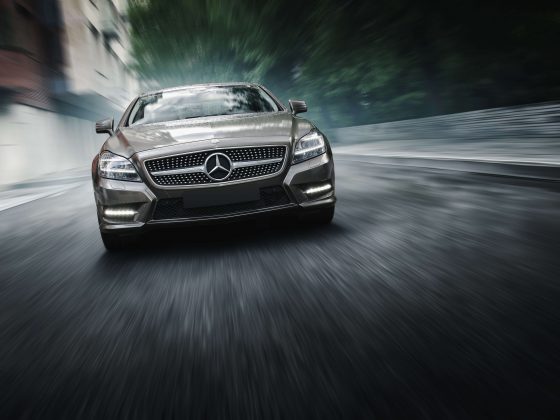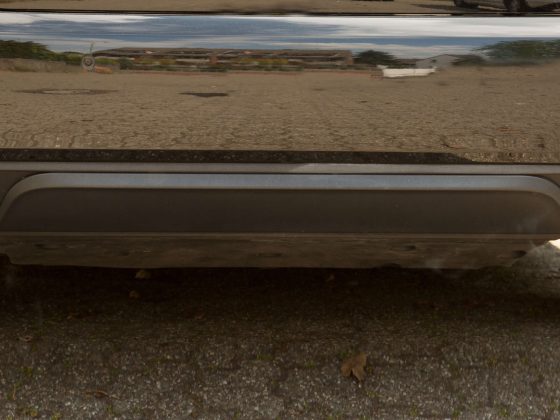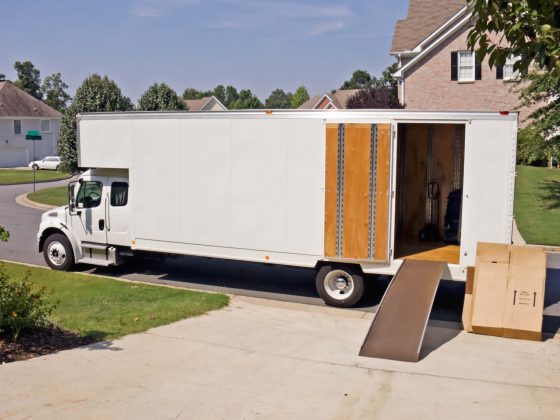Keeping the car running smoothly requires high maintenance and care at all times, especially during those days where your vehicle is constantly exposed to the heat.
Use eTags© to Quickly Complete Your DMV Service. Renewals, Title Transfers and More, All Online!
High temperatures can cause potential damages to your vehicle including, water leaks, low oil pressure, rubber belt damage, brake system failures, tire damage, among other issues depending on your vehicle.
Drivers should be proactive and schedule routine checks to ensure their vehicle is running well, keeping in mind that different weather conditions affect the performance of any vehicle.
For that reason, if you are planning on road-tripping with your friends and/ or family, here are 4 awesome tips to keep the car running well in hot weather.
#1 Make sure you don’t run out of coolant in your car
At times engines overheat because of low coolant. Letting the coolant level in your vehicle get below the minimum could lead to terrible consequences, so try to keep your coolant levels in check before leaving for a long trip.
Learn from it while your car is serviced. Not only does radiators need to be full of coolant but they also need to have the right combination of antifreeze and water.
#2 Never use an engine coolant that has exceeded its expiration date
Engine coolant has an expiration date, and once it is past its marked day you shouldn’t use it on your vehicle.
Check your coolant and note that using an expired one could even be more threatening to your vehicle. You engine and radiator could accumulate more deposit over time, leading to poor coolant flow and damage.
SEE ALSO: How To Clean Your Car Carpet (Maintenance And Care Guide)
#3 Drive with your air conditioner off during low speeds
If you are driving at lower speeds, turn off your AC and roll your windows down to cool down your vehicle. Yes, even while driving on the highway.
Generally, vehicles running lower than 50 miles per hour exert more pressure on their engines, as they are forced to pump out cool air, jeopardizing the health of your engine, and getting the risk of burning excess fuel.
#4 Overloading your car can be counterproductive
If you are going on a family road trip, don’t overload your car as it increases the chances of a terrible outcome.
Overloading your car boot makes it harder for your car to work efficiently, using more fuel compared to other vehicles driving the same distance with a lower weight.
Hence, drivers are advised to pack safely to avoid breakdowns. Packing safely also means that you need to ensure any additional stuff inside your vehicle is placed in a way that doesn’t compromise your safety.
For example, never pack above the line of the seat backs, otherwise you won’t have a clear view to the rear, which is distracting and dangerous.
SEE ALSO: Distracted Driving: Is Eating While Driving Dangerous?








